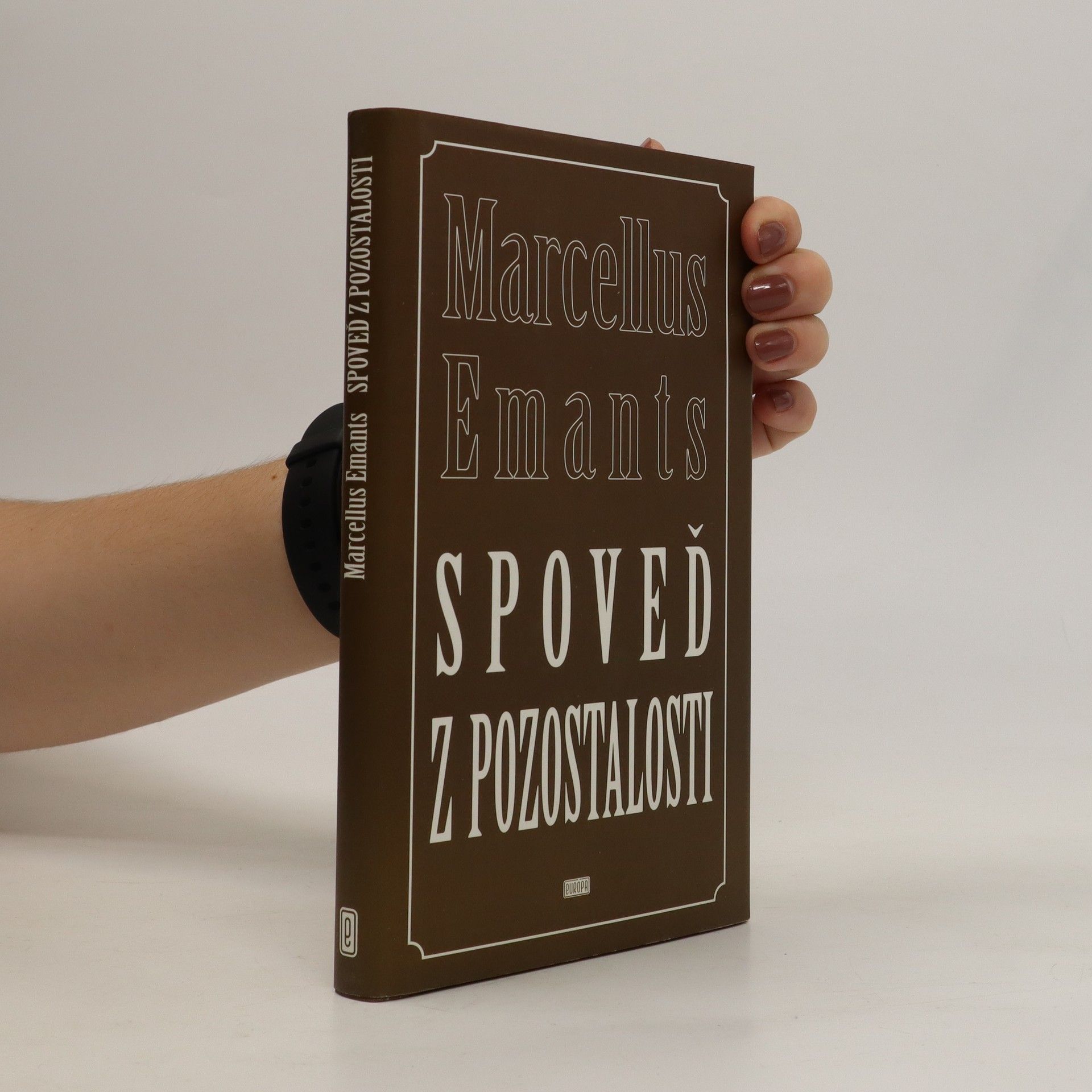Spoveď z pozostalosti
- 160 pages
- 6 hours of reading
Marcellus Emants svojím románom Spoveď z pozostalosti presiahol horizont domácej literatúry. Nadviazal totiž na bohatý európsky topos literárnej spovede (sv. Augustín, J. J. Rousseau, A. de Musset) a dotiahol ho v istom zmysle do posledných dôsledkov. Román je sebaobnažujúcou autoanalýzou priemerného meštiaka, ktorý sa pokúša vyšvihnúť do vyššej spoločenskej triedy, avšak sociálna a biologická determinácia mu tento prechod neumožňuje realizovať. Spoveď z pozostalosti je jedným z mála Emantsových diel, ktoré preniklo do medzinárodného povedomia a bolo preložené do viacerých svetových jazykov. Ako autor, ktorý sa začleňuje do prúdu naturalizmu, stojí Emants v tieni svojho vzoru Emila Zolu. Napriek tomu však môžeme konštatovať, že román¸ v ktorom opísal životný osud mladého spoločenského arivistu Termeera a vraždu jeho manželky, patrí k tým skvostom európskej literatúry, ktoré ďaleko presahujú obzor provinčnosti.




